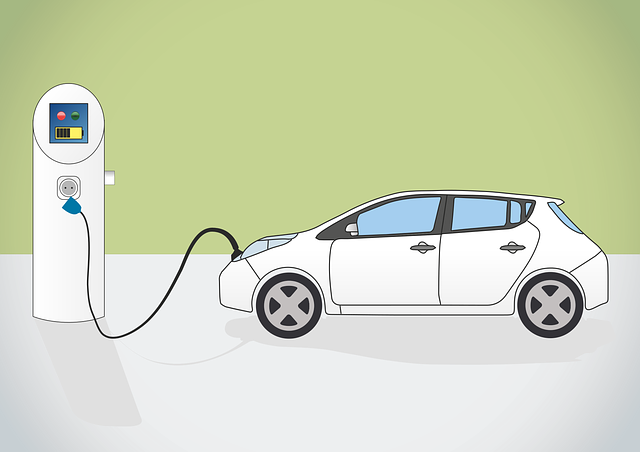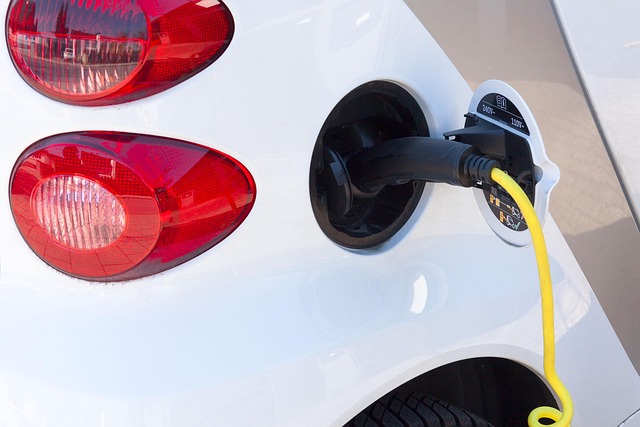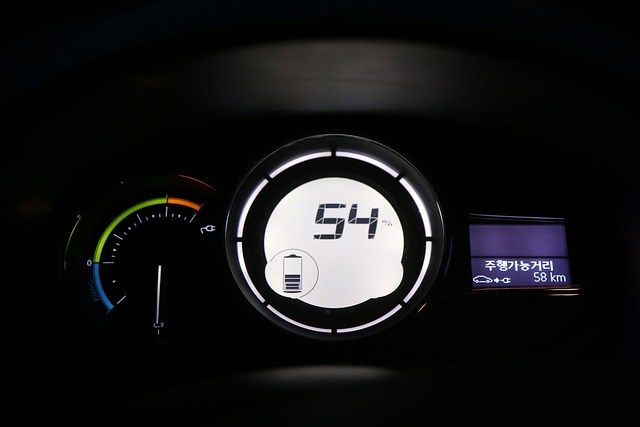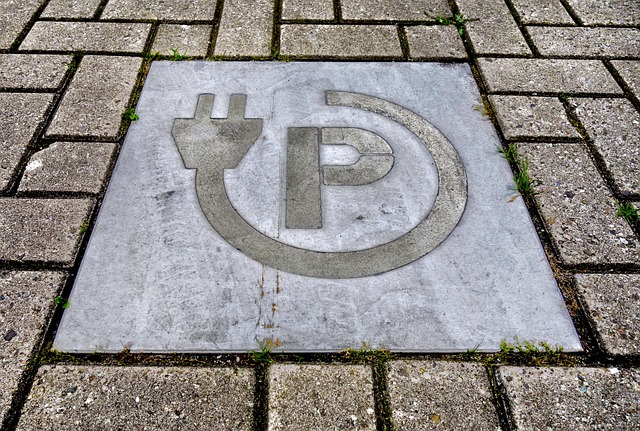Integrating mobile payments into Electric Vehicle (EV) charging infrastructure offers significant advantages, enhancing convenience, security, and efficiency for EV owners through select EV charging stations. This technology removes barriers to entry, encourages broader EV adoption, and streamlines the charging process. When choosing EV charging stations with mobile payment capabilities, consider cost, placement optimization, wireless charging, safety features like overcurrent protection, network connectivity, and digital wallet integration. Cities like San Francisco, London, Berlin, and Amsterdam have pioneered this integration, driving down ev charging costs, encouraging wider adoption, and fostering a vibrant ecosystem that supports cleaner energy and on-the-go needs through DC fast charging and EV charging incentives for businesses.
“Revolutionize your electric vehicle (EV) charging experience with the integration of mobile payment systems. This article explores the transformative potential of EV charging stations equipped with mobile payment capabilities, offering a seamless and convenient solution for drivers. We delve into the benefits, key considerations, and top features that make these stations stand out. From understanding the technology to successful implementations, discover how selecting the right EV charging stations with mobile payment solutions can foster a more accessible and efficient charging network.”
- Understanding EV Charging Stations and Mobile Payments
- Benefits of Integrating Mobile Payment Systems in EV Charging Infrastructure
- Key Considerations when Selecting EV Charging Stations with Mobile Payment Capabilities
- Top Features to Look Out for in EV Charging Stations for Seamless Mobile Transactions
- Case Studies: Successful Implementations of EV Charging Stations with Mobile Payment Solutions
Understanding EV Charging Stations and Mobile Payments

Electric Vehicle (EV) Charging Stations have become an integral part of the sustainable transportation landscape, offering a vital solution for the growing number of electric cars on the road. These stations provide a convenient and efficient way to recharge EV batteries, ensuring drivers can travel longer distances with reduced range anxiety. When selecting EV charging stations, businesses and individuals should consider factors like station location, power output, compatibility with various EV models, and payment options.
Mobile payments have further revolutionized the EV charging experience, offering a seamless and secure way for drivers to pay for their charges on-the-go. This technology aligns perfectly with the evolving digital landscape, where convenience and accessibility are paramount. Moreover, wireless EV charging technology is another innovation worth noting, as it eliminates the need for cumbersome cables, providing a more efficient and user-friendly experience. With the right combination of select EV charging stations and mobile payment systems, businesses can not only attract environmentally conscious customers but also contribute to the broader adoption of electric vehicles through various incentives and policies, such as those promoted by ev charging regulations and policies.
Benefits of Integrating Mobile Payment Systems in EV Charging Infrastructure

Integrating mobile payment systems into EV (Electric Vehicle) charging infrastructure offers numerous advantages and streamlines the charging process for electric car owners. One of the key benefits is the convenience it provides; drivers can pay for their charge via their smartphones, eliminating the need to carry physical cards or search for nearby payment methods. This seamless experience encourages more people to adopt electric vehicles as it removes a common barrier to entry.
Additionally, mobile payments enhance security and efficiency. EV charging stations equipped with this technology can securely process transactions, ensuring drivers’ financial information remains safe. The use of ev charging apps for iPhone or other devices allows for real-time tracking of charge progress and payment status, providing users with transparency and control over their charging experience. Moreover, it enables quick payments, which is especially valuable at busy public charging stations or workplaces offering EV charging stations at workplaces, promoting faster turnover and better utilization of these essential resources.
Key Considerations when Selecting EV Charging Stations with Mobile Payment Capabilities

When selecting EV charging stations with mobile payment capabilities, several key considerations come into play. First and foremost, evaluating the home EV charger installation cost is essential to ensure it aligns with your budget. Cost-effective solutions can make electric vehicle (EV) ownership more accessible while still providing reliable performance.
Additionally, exploring wireless EV charging technology can significantly enhance user experience by eliminating the need for messy cables and connectors. This not only simplifies ev charging station placement optimization but also reduces potential safety hazards. Opting for stations that support mobile payments through secure and convenient apps further streamlines the process, allowing drivers to charge their EVs effortlessly while on the go.
Top Features to Look Out for in EV Charging Stations for Seamless Mobile Transactions

When selecting EV charging stations, look out for top features that ensure seamless mobile transactions. Firstly, consider mobile payment integrations that allow drivers to charge their electric vehicles (EVs) effortlessly using their smartphones. This includes support for various digital wallets and payment apps, eliminating the need for physical cards or cash. Secondly, real-time monitoring and management capabilities enable users to track charging status, set schedules, and even remotely start or stop sessions, enhancing convenience.
Moreover, safety is paramount. EV charging stations should adhere to stringent ev charging safety guidelines to protect both users and their vehicles. Look for built-in safety features such as overcurrent protection, automatic voltage regulation, and thermal sensors. Additionally, consider network connectivity that facilitates remote diagnostics and updates, ensuring optimal performance and reliability, whether for ev charging stations for apartments, ev charging for fleet vehicles, or personal use.
Case Studies: Successful Implementations of EV Charging Stations with Mobile Payment Solutions

In recent years, several forward-thinking cities and businesses have successfully implemented EV charging stations with mobile payment solutions, setting new standards for convenience and accessibility in electric vehicle (EV) ownership. These case studies highlight the potential of integrating mobile payments into public charging infrastructure, offering a seamless experience for EV drivers. For instance, select EV charging stations in urban areas like San Francisco and London have seen remarkable success, with users able to conveniently charge their vehicles via smartphone apps, eliminating the need for physical cards or cash.
These innovations go beyond just convenience; they also drive down ev charging costs comparison by streamlining payment processes and encouraging wider adoption of electric vehicles. Furthermore, cities like Berlin and Amsterdam have taken it a step further, promoting DC fast charging vs AC charging through attractive pricing models and ev charging incentives for businesses. Such initiatives not only accelerate the transition to cleaner energy but also foster a vibrant ecosystem where EV owners can conveniently and affordably power their vehicles while on the go.
Integrating mobile payment systems into EV charging infrastructure offers numerous benefits, from enhanced user convenience to increased revenue streams for businesses. When selecting EV charging stations with mobile payment capabilities, consider key features like seamless transaction processes, secure payment gateways, and user-friendly interfaces. Successful implementations, as evidenced in case studies, demonstrate the potential of these solutions to revolutionize electric vehicle (EV) charging experiences. By choosing the right EV charging stations and adopting mobile payments, businesses can contribute to a more sustainable future while providing efficient services to EV owners.
